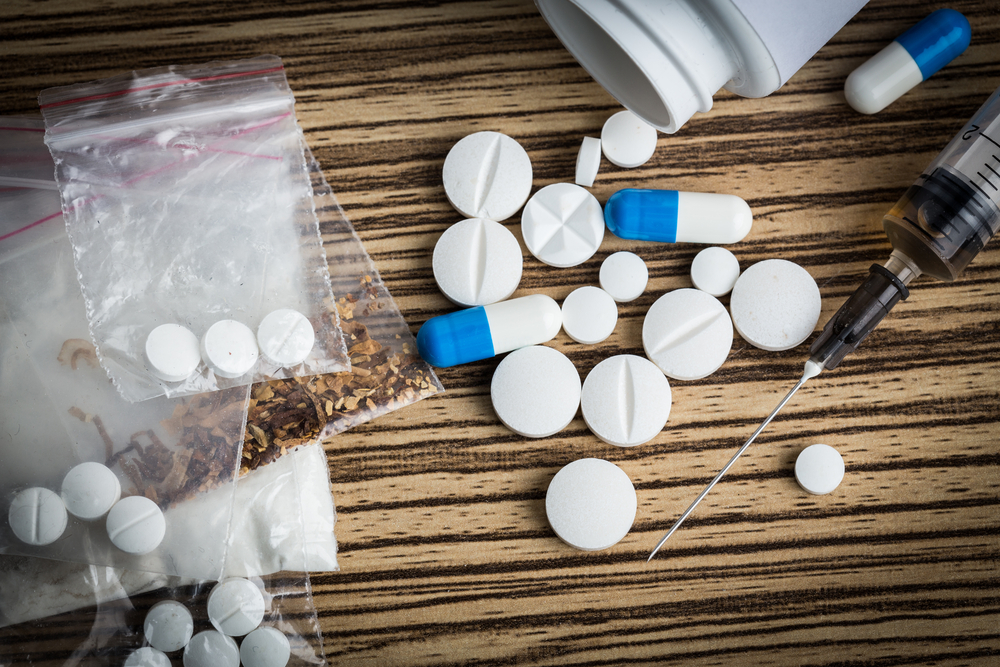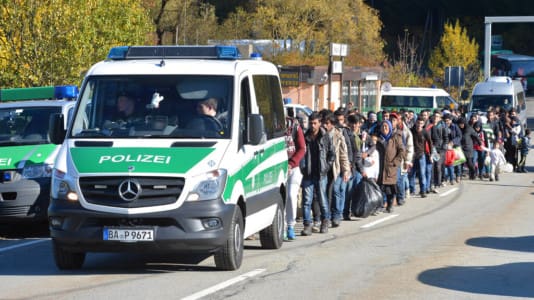Drug addicts will soon be able to purchase hard drugs such as crack cocaine, heroin, and methamphetamine in the progressive Canadian province of British Columbia.
Jerry Martin, 51, plans to open a store akin to a sweet shop for hard drugs in the province’s largest city of Vancouver the moment the liberal government’s law to decriminalize possession of hard drugs comes into effect on Jan. 31.
The three-year-long pilot scheme will enable drug users to possess up to 2.5 grams of opioids, crack and powder cocaine, methamphetamine, and MDMA.
According to a business plan seen by Vice magazine, the store will be known simply as The Drugs Store. Hard-drug users will be able to purchase the legal limit of whatever they fancy at a price slightly above the street price to avoid undercutting and antagonizing dangerous drug dealers. Its staff will wear face masks to hide their identity and bulletproof vests for protection.
Mr. Martin, a former cocaine addict, explained he recently lost his brother to a drug overdose and wants to “provide customers with reliable access to safe tested drugs, harm reduction supplies such as unused sterile needles, pipes, etc., and educational information,” according to the business plan.
The new law, approved by the New Democratic Party-controlled administration, does not extend to legalizing the sale of hard drugs, and Mr. Martin expects to be arrested for his new business venture. “That’s the whole idea,” he told the U.S.-Canadian magazine.
The Vancouver man intends to launch a constitutional challenge should he be criminally charged, alleging that laws that prevent a safe supply and result in the death of poisoning contravene Canada’s Charter of Rights and Freedoms, in particular Section 7, which states all Canadians have “the right to life, liberty, and security of the person and the right not to be deprived thereof except in accordance with the principles of fundamental justice.”
Constitutional challenges have reportedly been previously successful in striking down laws prohibiting the sale of cannabis for medicinal purposes across the country.
It is questionable as to how robust the response from authorities will be in any event with the city’s police previously turning a blind eye to sales of cannabis in shops before it was legalized across British Columbia.
The province, and particularly Vancouver, has been the subject of a drug crisis for almost a decade. In 2016, the B.C. government declared a public health emergency over the growing use of fentanyl, a synthetic opioid with similar effects to heroin.
Over 10,000 people have died of a drug overdose across the province since that declaration, and the 529 deaths attributed to drug overdoses reported in 2015 skyrocketed to 1,644 in the first eight months of 2022.
In response, the liberal government launched an initiative offering drug addicts opioids on prescription under a taxpayer-funded scheme.
Conservative politicians strongly oppose the government’s direction in tackling the drug crisis and argue legalizing the possession of hard drugs will only make matters worse.
“We need to stop using tax dollars to fund dangerous drugs under the so-called and ironically named idea of safe supply,” said Pierre Poilievre, the new leader of the Conservative Party of Canada last month.
“There is no safe supply of these drugs. They are deadly. They are lethal, and they are relentlessly addictive.
“This is a deliberate policy by woke, liberal, and NDP governments to provide taxpayer-funded drugs, to flood our streets with easy access to these poisons,” Poilievre added, warning that the irresponsible plans will inevitably lead to “major increases in overdoses and a massive increase in crime.”






